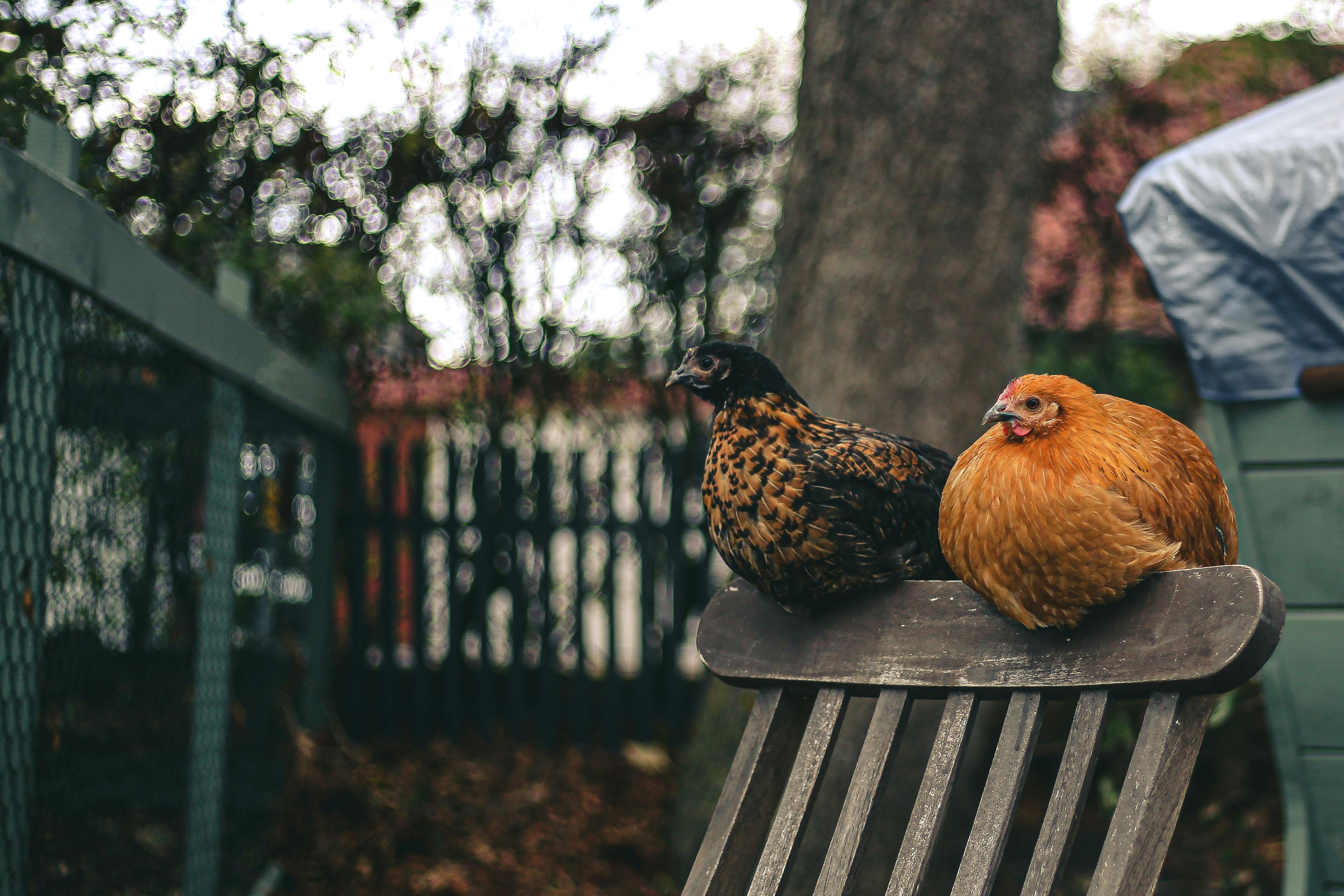Understanding the Rising Popularity of Urban Chicken Keeping
Urban chicken keeping is an increasingly popular pastime that has gained traction amongst city dwellers in recent years. This article explores the reasons for this rise in popularity, the challenges and benefits of urban chicken keeping, and its impact on the urban community and environment.

A Newfound Interest in Urban Chicken Keeping
Urban chicken keeping, or the practice of raising chickens in urban areas for their eggs, has seen a significant increase in popularity over the past decade. A combination of factors including a desire for self-sufficiency, growing interest in organic and locally sourced foods, and the appeal of the charming and personable nature of chickens themselves, has contributed to this trend.
A Historical Perspective
Historically, keeping chickens in urban areas was a common practice. During World War II, the U.S. government encouraged citizens to keep chickens as part of the “Victory Garden” initiative. However, as cities grew and industrialized, many urban areas enacted ordinances against keeping poultry. Recently, a growing number of cities have begun to lift these restrictions, leading to a resurgence of urban chicken keeping.
Current News and Updates
Recent reports indicate that urban chicken keeping continues to thrive, with major cities like New York, Los Angeles, and Chicago seeing a surge in backyard chicken coops. This movement is supported by organizations like the American Poultry Association, which provides resources and support for urban chicken keepers.
Financial and Market Impact
The popularity of urban chicken keeping has also spurred a rise in demand for chicken keeping supplies. The market for urban chicken keeping equipment, including coops, feeders, and chicken care products, is currently estimated to be worth millions of dollars and is expected to continue growing.
Verified Facts
Research studies confirm the benefits of urban chicken keeping. Chickens contribute to pest control, provide fertilizer for gardens, and produce fresh, organic eggs. Additionally, they have a lower environmental impact compared to commercial poultry farming. However, potential challenges include noise, odor, and health concerns related to diseases like salmonella.
Making Urban Chicken Keeping Accessible
While chicken keeping may seem daunting, resources are available to help beginners. Various online communities, books, and local workshops provide information on selecting breeds, building coops, and caring for chickens. Additionally, some cities have programs that allow residents to rent chickens and coops, providing an accessible way to try chicken keeping.
In conclusion, urban chicken keeping is a multifaceted trend that offers a connection to nature, food sustainability, and a sense of community. As the practice continues to grow, it is likely to have a lasting impact on urban lifestyles and environments.




